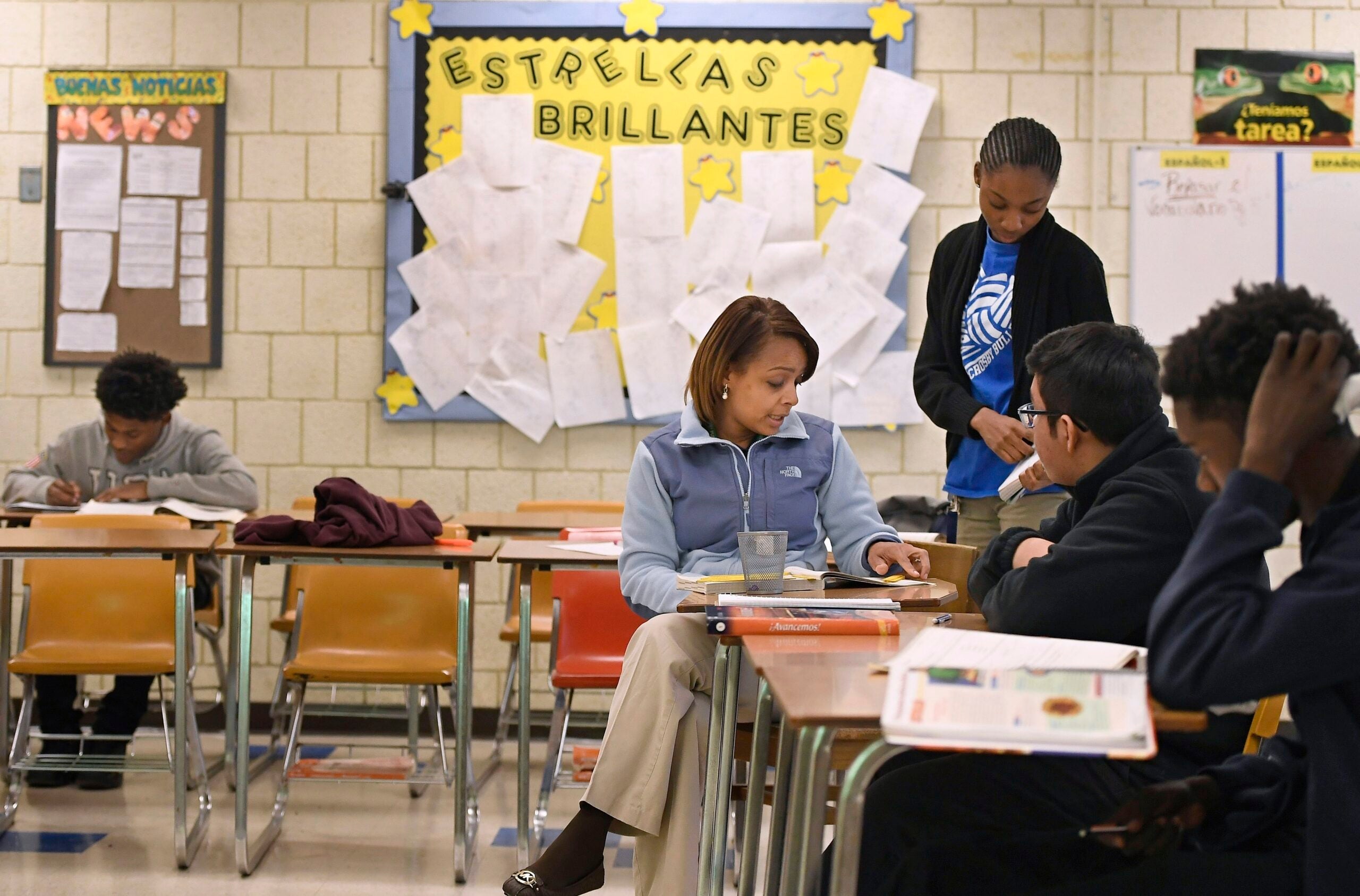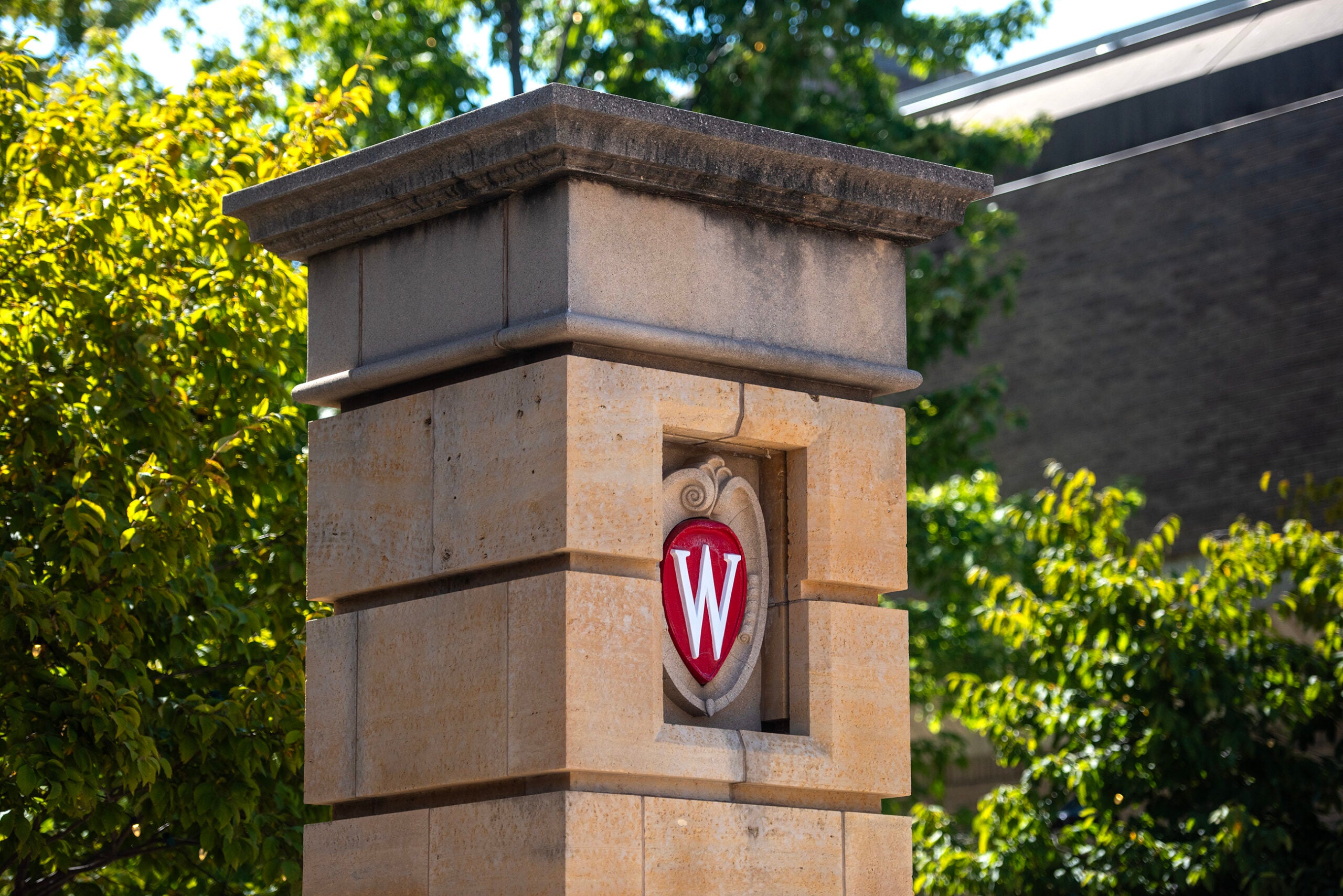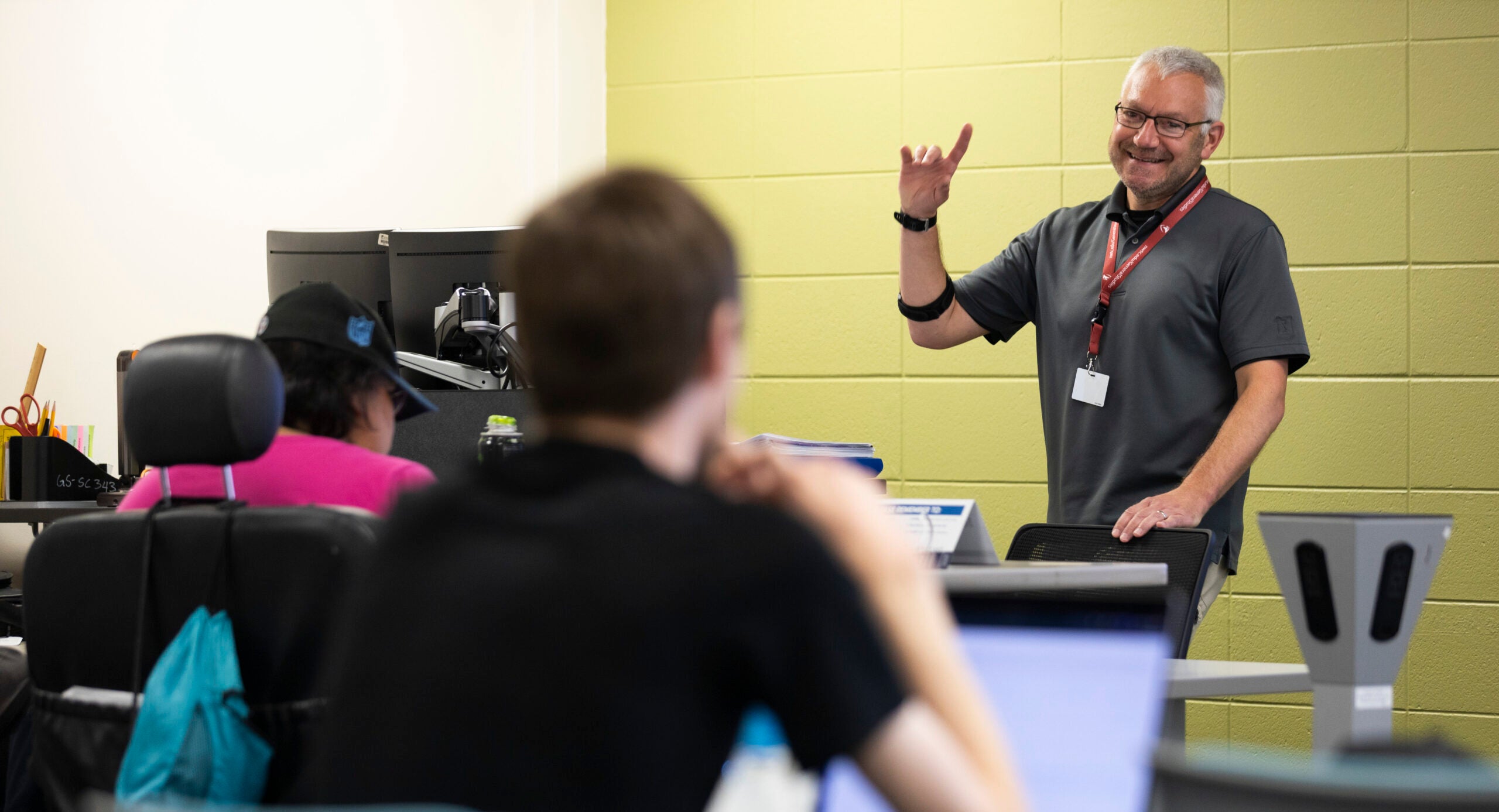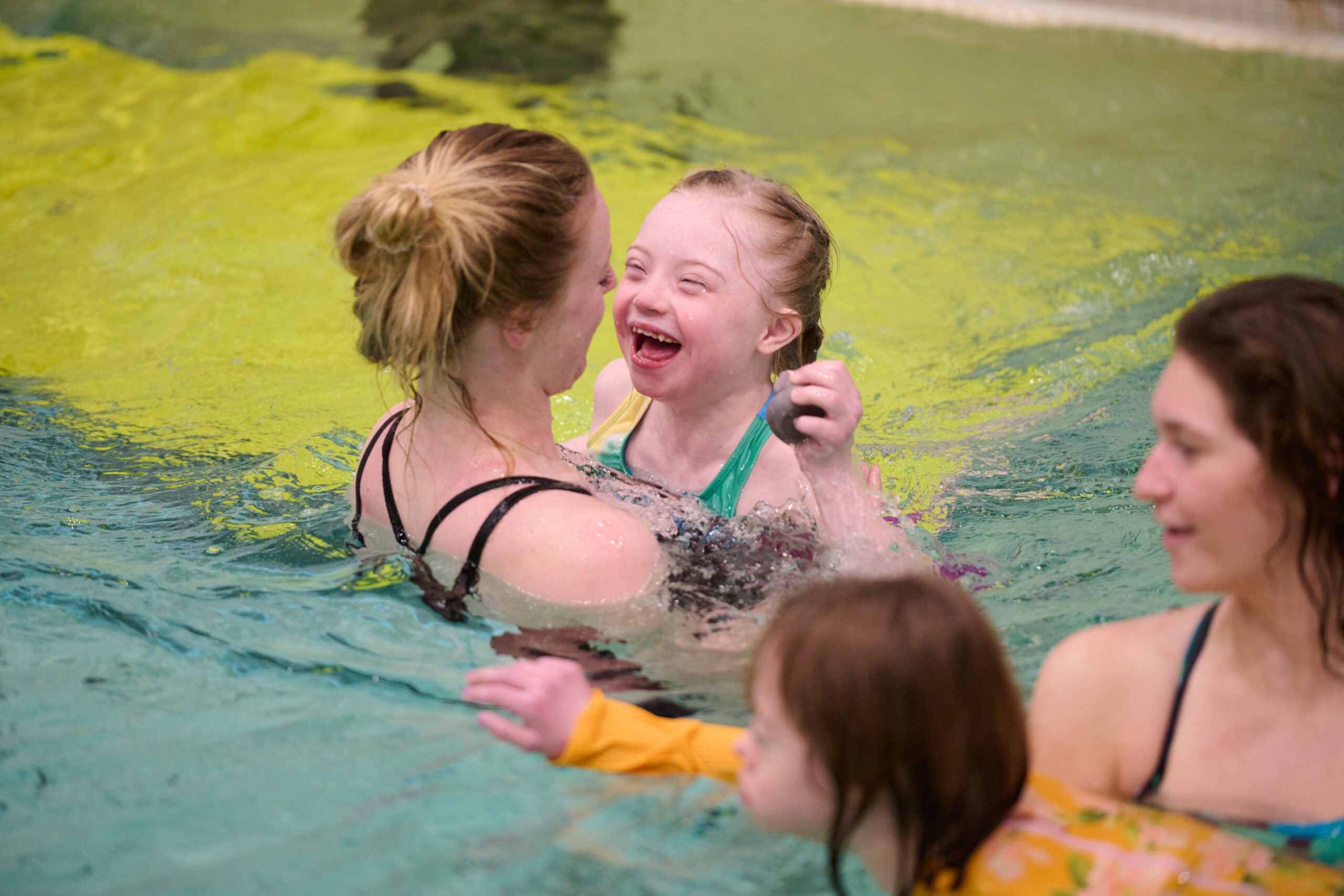More students who commit to teaching in the state after graduation will receive free tuition at the University of Wisconsin-Madison thanks to a program extension announced this week.
This comes at a time when teacher retention remains a major challenge in the state.
The UW-Madison School of Education Wisconsin Teacher Pledge Program will be extended through the 2028-29 academic year, thanks to $8 million in donations.
News with a little more humanity
WPR’s “Wisconsin Today” newsletter keeps you connected to the state you love without feeling overwhelmed. No paywall. No agenda. No corporate filter.
The entirely donor-funded program was launched in the fall of 2020. It was originally scheduled to run for five years. This is the third extension since its inception.
Under the program, Wisconsin students receive free tuition in exchange for a pledge to teach in the state for at least four years after graduation — or three years in high-need subject areas or school districts.
The program also covers the cost of fees, testing and licensing costs. Out-of-state students can also sign on, receiving a scholarship equivalent to the cost of in-state tuition.
Diana Hess, dean of the School of Education at UW-Madison, said she is thrilled the program is being extended.
“The primary purpose of this program is to provide Wisconsin schools with excellent teachers,” Hess said.
As of spring 2024, 773 students have taken the Teacher Pledge. Of those, 354 are already teaching in Wisconsin. The hope is to support approximately 2,500 students over the life the program.
Former students who took the pledge and are teaching in Wisconsin schools say signing on was a “no brainer.”
Maddy Rauls graduated from UW-Madison in the spring of 2021 with a degree in elementary education.
After signing the pledge, she said she was able to work fewer hours at her part time job and used her savings to buy a used car that she uses to drive to work as a fourth grade teacher at Arboretum Elementary in Waunakee.
“Even now as a new teacher, having less loans to pay off has been huge. I can focus more on my teaching. That’s not as much of a stress on me as I think it could have been,” Rauls said.
According to the university, students who participate in the program are reporting benefits including a reduced need for outside work, less student debt and improved mental health due to decreased financial stress.
Teacher retention ongoing issue
A new report released by the Department of Public Instruction, which analyzed data from the 2021-22 school year, found total teacher compensation, including inflation-adjusted salary and benefits, has decreased nearly 20 percent over the past 12 years.
The report, which called teacher retention Wisconsin’s “biggest challenge,” found about four out of every 10 first-year teachers either leave the state or the profession after just six years.
The pledge program seeks to improve retention through its stipulation that graduates commit to teaching in Wisconsin for at least three or four years.
“If teachers stay in teaching for three or four years, they’re much more likely to be in it for the long haul,” Hess said.
UW-Madison graduate Jon-Luc Cayabyab earned his master’s degree in curriculum instruction with a focus on science education. Now he is an 8th grade math and science teacher in Madison. He had considered leaving the state once he finishes his commitment this year. But he said he was able to establish his life in Madison because of the financial help from the program.
“They’re going to invest in me. I’m going to invest in them,” Cayabyab said.
The funding to extend the program is a part of $11 million donors gave to support Wisconsin educators. Half of the money for the program came from UW–Madison alumni Mary and Ted Kellner.
State Superintendent Jill Underly issued a statement thanking the Kellners.
“We need to invest in our teachers and our public schools, and commitments like the one from the Kellners help make the profession more attractive in our state,” Underly said.
“I’m very grateful to (the donors) for investing in our future, and understanding the importance of the people who have their feet on the ground,” Cayabyab said.
Hess said the monetary gifts to keep the program going are “transformative.” But her hope is eventually the state will fund the program.
“What we were hoping to do with the teacher pledge was develop an initiative and do rigorous research on it to see if it’s working to provide a concept that has evidence behind it that might be appealing to the state in the long haul,” Hess said.
Cayabyab hopes the program will encourage students who weren’t initially interested in the field to give teaching a chance.
“Give yourself recklessly to the pursuit of making the world a better place,” Cayabyab said.
Wisconsin Public Radio, © Copyright 2025, Board of Regents of the University of Wisconsin System and Wisconsin Educational Communications Board.






